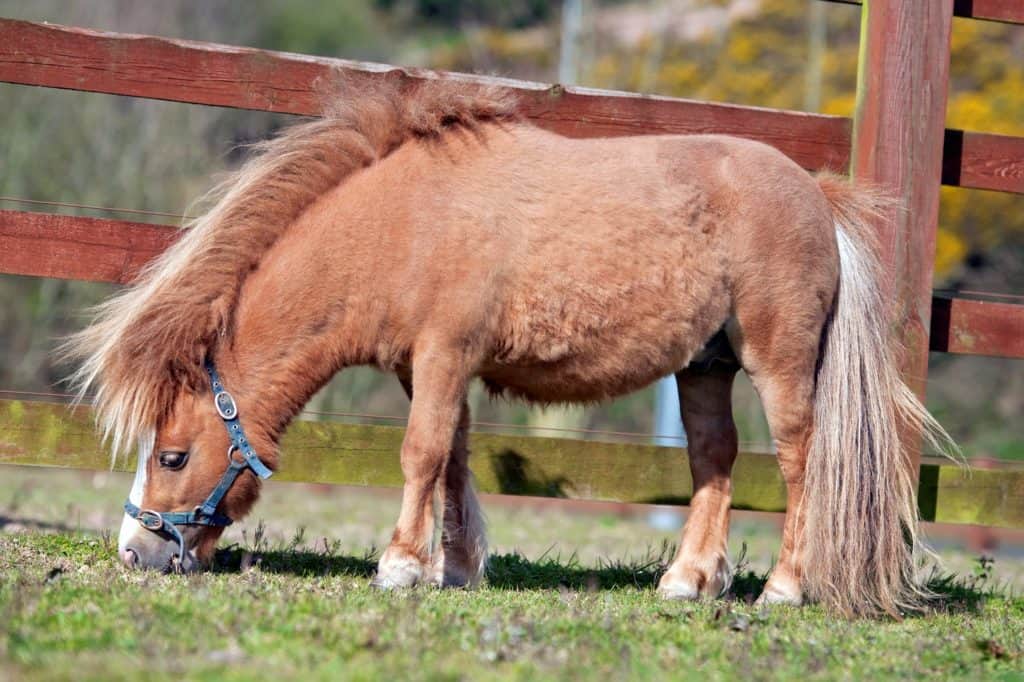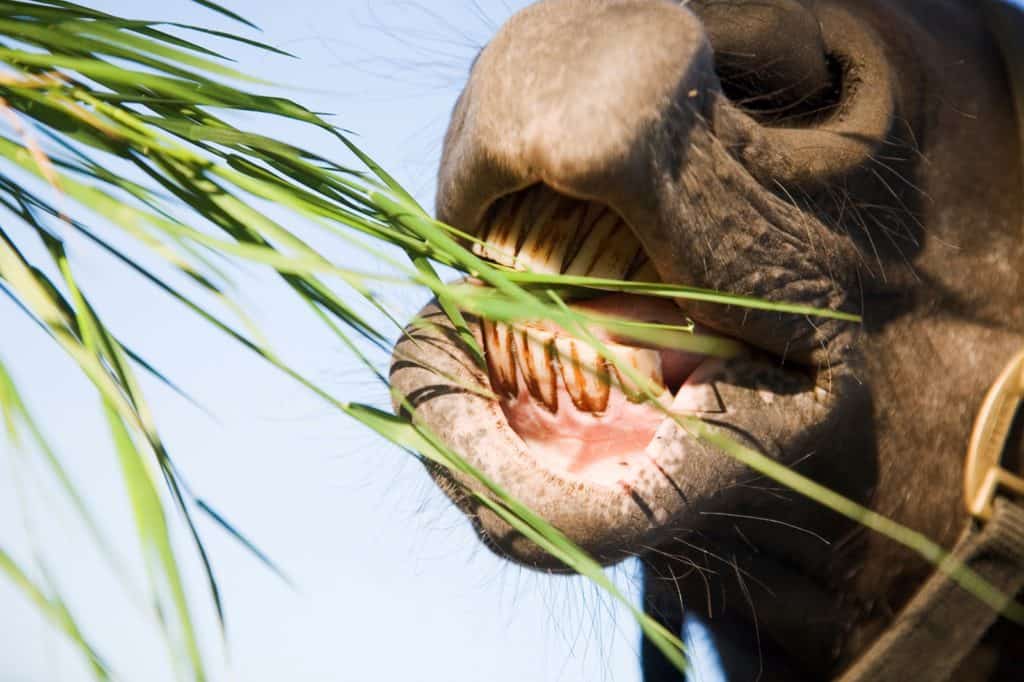
6 Ways to Feed Performance Horses for Greater Achievement
Performance horses have special nutritional needs. Here are some tips on how to get the most out of your athlete’s diet.

Performance horses have special nutritional needs. Here are some tips on how to get the most out of your athlete’s diet.

Weight loss is possible in most situations, provided the owner remains actively involved in the nutrition program.

Large crabgrass is very palatable to horses and has a high nutrient content, making it useful for grazing in the south.

Practical ways to improve your horse’s welfare, based on discoveries from the growing field of equitation science.

Design a feeding program that provides adequate calories without putting the horse at risk for gastrointestinal upset.

Inspect and clean your hay loft or storage structure to help ensure the hay you store in it remains fresh.

Reducing particulates in a horse’s environment can go a long way toward ensuring his airway is as healthy as possible.

If you’re considering a Miniature Horse as a pet or companion, remember that a small size doesn’t mean less upkeep.

Be sure new hay is dry and free of dust and mold, and always introduce it to horses’ diets slowly.

Forages high in non-structural carbohydrates can be detrimental for some horses. Here’s what to know.

Of the 1,102 respondents, 397 (36%) said they purchase hay once a year for their horses.

Rye straw can contain ergot alkaloids, which can be poisonous to livestock, including horses. Here’s what to watch for.

Nutritionist Dr. Clair Thunes and vet Dr. Erin Denney-Jones offer their thoughts on feed frequency for horse health.

Of the 674 respondents, 614 (91%) said their horses’ daily diet includes grain, feed, concentrates, or supplements.

This condition, caused by an unbalanced diet, can have serious musculoskeletal implications for affected horses.

Horses appear to select forages based on smell and taste rather than energy intake, researchers found.
Stay on top of the most recent Horse Health news with
"*" indicates required fields